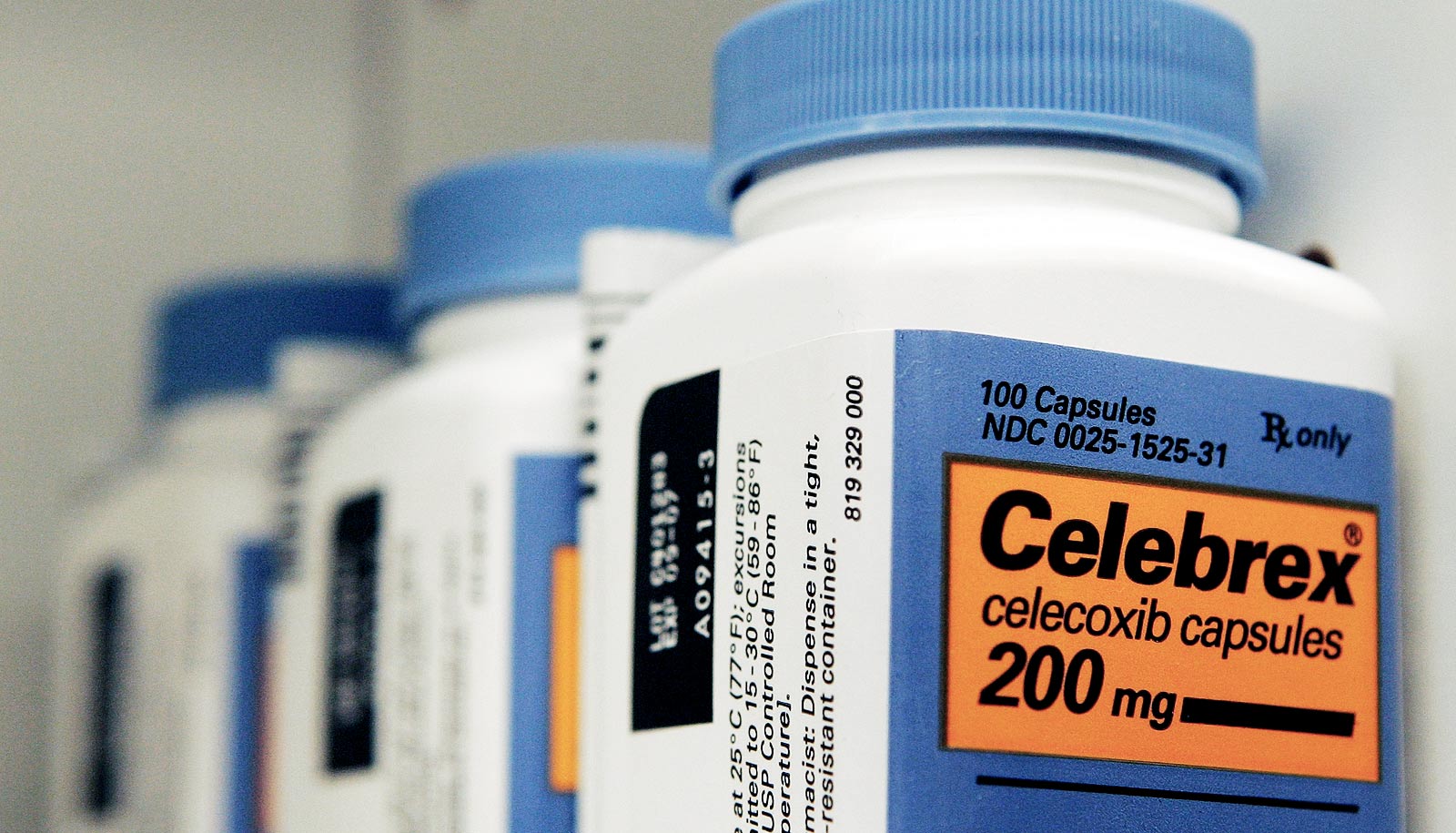Scientists have discovered a link between a common arthritis drug and heart valve disease.
The findings run counter to a well-known four-year study that found Celebrex no more dangerous for the heart than older drugs, commonly called NSAIDs.
W. David Merryman, professor of biomedical engineering at Vanderbilt University, and PhD student Megan Bowler started out testing celecoxib, the active compound in Celebrex, on valve cells in an effort to see if it could double as an aortic stenosis therapy. It made the problem worse.
To confirm their theory, Michael Raddatz, an MD/PhD student, analyzed more than 8,600 relevant, anonymous patient records from Vanderbilt University Medical Center.
He checked whether there was a link between Celebrex use and aortic valve disease, and, after correcting for other risk factors, discovered that patients who had taken Celebrex had a 20 percent increased prevalence of valve disease.
The study appears in the Journal of the American College of Cardiology: Basic to Translational Science.
The 2016 New England Journal of Medicine study that found Celebrex no more damaging than naproxen and ibuprofen only looked at cardiovascular death and nonfatal heart attack or stroke, not valve disease, which affects more than a quarter of the US population older than 65.
“In this study, we’re adding a long-term perspective on celecoxib use,” Bowler says. “Calcification in the aortic valve can take many years. So if you’re at a higher risk for it, you might want to consider taking a different painkiller or rheumatoid arthritis treatment.”
The National Institutes of Health and the National Science Foundation funded the work.
Source: Vanderbilt University


